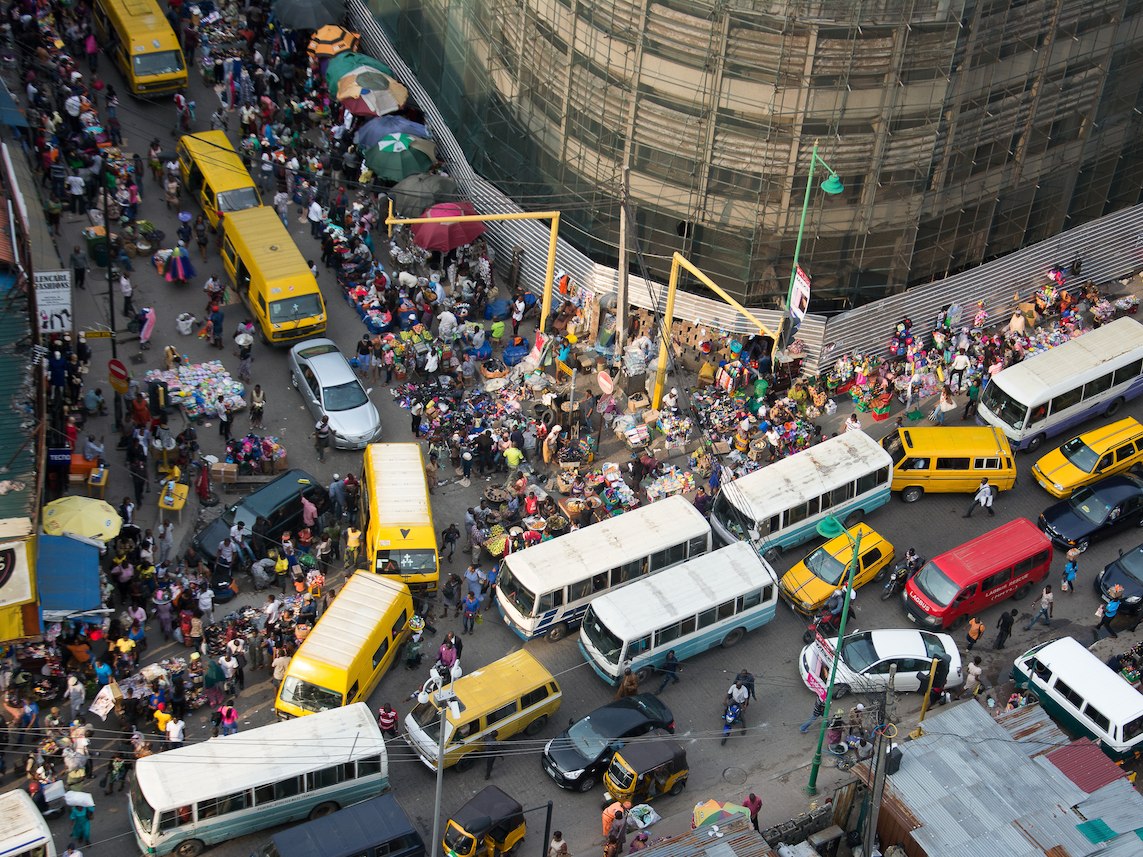
June 19, 2022
The Next Wave provides a futuristic analysis of BizTech and innovation in Africa. Subscribe here to get it directly in your inbox on Sundays at 3 PM (WAT).
In the last 3 years, Nigerian tech has commanded increased interest, and out of the over $9 billion in funding that was pumped into African startups within the period, $2.8 billion went to Nigeria, per Partech data.
Over 500 Nigerian startups operate out of Lagos where most of the country’s commerce happens, making the city the most attractive tech hub in Africa. This influx of investment in the city means increased economic activity and should, in turn, mean improved infrastructure. Sadly, this hasn’t been the case. Last week the Economist Intelligence Unit (EIU) ranked Lagos the second worst city to live in the world, for the third time since 2019. According to a study, Lagos is getting hotter because of climate change, and because it is a low-lying coastal city, it is also at risk of being fully submerged in water by 2100 due to rising sea levels.
Nigeria’s tech industry is expanding a growing tech-employee class that needs working infrastructure to thrive at their jobs. When such infrastructure is unavailable, these workers emigrate to more developed climates. Nigerian tech developers are emigrating to the US, Europe, and Canada to improve their quality of life and earning power, depriving the country of millions in value. What this means is that tech nerve centres like Lagos must be intentional about supporting their talent with good infrastructure, thereby keeping capital in the continent.
PARTNER MESSAGE

Build better customer relationships and improve sales conversion with Simpu. Unify all communication channels like emails, WhatsApp, Twitter DMs, Facebook Messenger, SMS, and website Livechat into one place. Unify your inbox with Simpu for free.
Lagos needs to catch up
By 2050, 4 out of every 10 humans will be African, a shift that will increase the representation of black people in every industry and sphere of life. This cultural shift will also affect the continent’s marginal influence on the global economy and trading. (As of today, Africa contributes less than 3% to global trade.) In the eyes of superpowers facing declining birth rates, Africa is expected to go on to reshape the power structure of the world. Its urban population is expected to triple from 414 million in 2012 to 1.2 billion in 2050—adding 800 million people by mid-century. Lagos is under pressure more than ever to support this growing population.

There is no doubt that cities can be important catalysts for economic development, but governments must build supportive infrastructures that encourage civic innovation.
To make Lagos a liveable city, the government can take cues from innovative approaches designed to build inclusive and open cities in the Global South. India’s social audits are a good one to emulate, especially in Nigeria where accountability and transparency are still a problem. Social audits in India allow citizens and experts to come together and assess the quality and impact of the service the city is delivering in hopes of strengthening government accountability and responsiveness. Medellin’s Colombia approach to prioritise quality architecture to enhance public space, green infrastructure, and educational facilities in the poorest neighbourhoods is another option that can be explored to make Lagos more inhabitable for tech talent.
From the Cabal
Fintech startup, Afriex facilitates money transfers in any currency, from anywhere in the world. Read more about it wants to ease remittance for Africans here.

Have a great week.
Thank you for reading The Next Wave. Please share today’s edition with your network on WhatsApp, Telegram and other platforms, and reply to this email to let us know what we can be better at.
Subscribe to our TC Daily Newsletter to receive all the technology and business stories you need each weekday at 7 AM (WAT).
Follow TechCabal on Twitter, Instagram, Facebook, and LinkedIn to stay engaged in our real-time conversations on tech and innovation in Africa.
Sultan Quadri, Staff Writer, TechCabal.






















